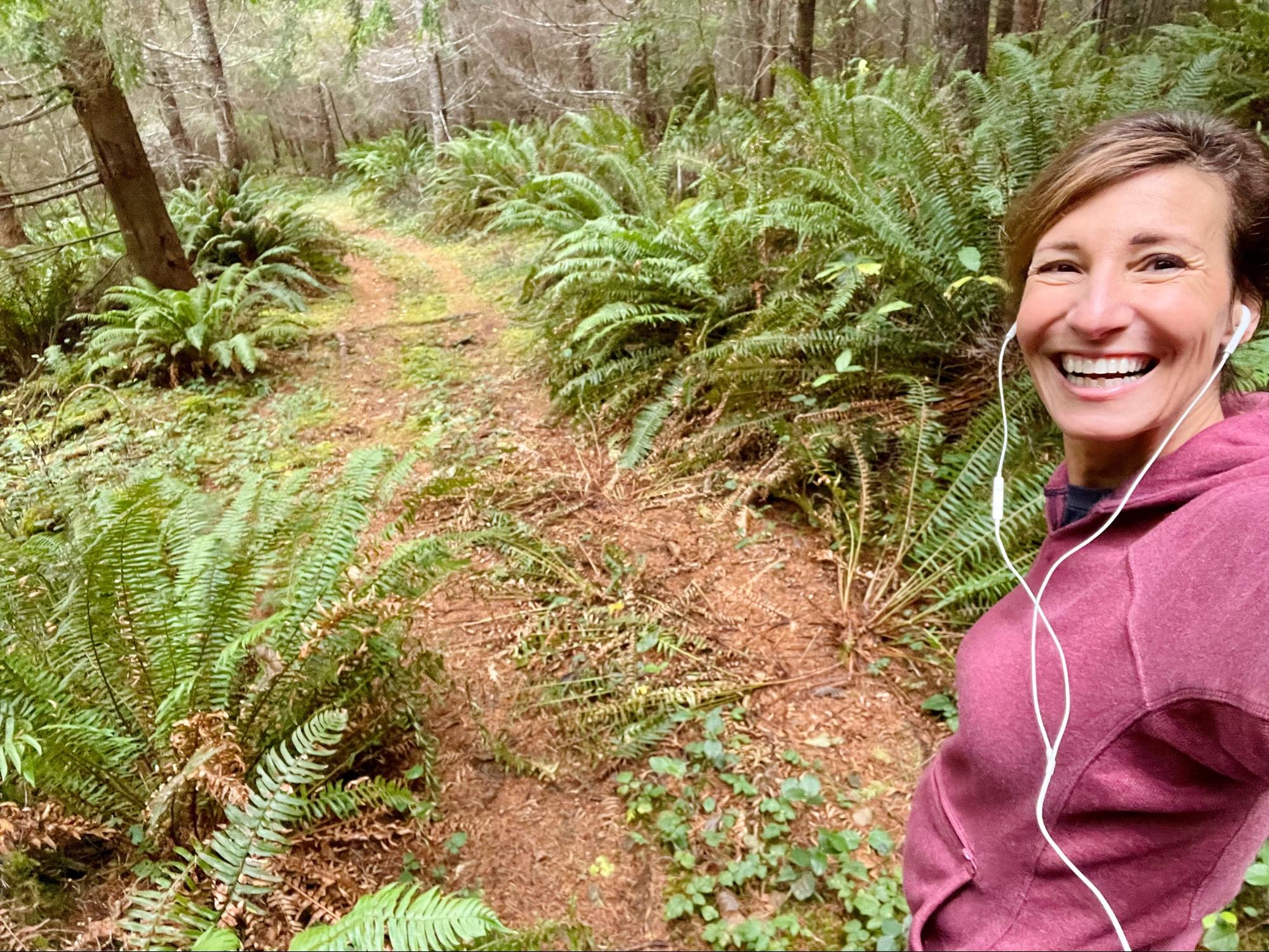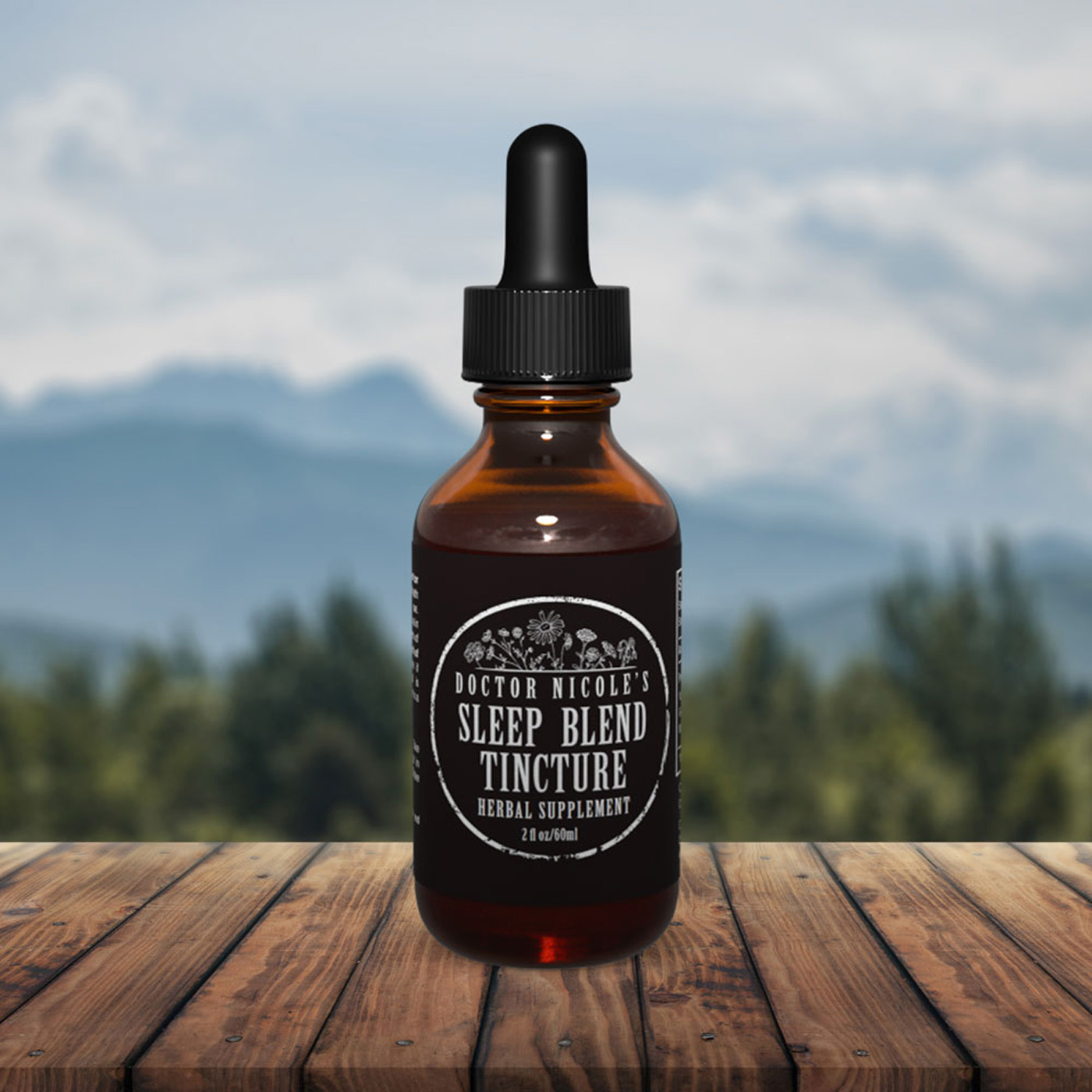The Secret to Better Sleep, Memory, & Pain Relief
Who doesn’t love music? While preferences are as varied as personalities, I think most will agree music adds an extra level of color and enjoyment to life. Whether it’s classical, pop, rock, world, country, or another genre, science has established the tangible benefits listening to music has on your health and well-being — including boosting cognitive performance and memory, lowering stress, encouraging weight loss, helping with pain management, promoting better quality sleep, and much more. If you enjoy listening to music as much as I do, keep reading to learn more about how this simple habit can bring more health and happiness into your day.
The Neuroscience of Music
We may take for granted the ability to hear and respond to music, but the process is anything but simple — it involves a complex cascade of functions within the ear and brain. The first is sound waves are collected by the ear, then funneled into the eardrum, which then begins to vibrate in response. These vibrations are relayed along tiny bones within the ear that lead to the spiral-shaped cochlea — a fluid-filled region filled with tens of thousands of minute hair cells, otherwise known as cilia. When sound vibrations hit the cilia, these cells release neurotransmitters that activate the auditory nerve, which in turn sends electric currents to the auditory cortex of the brain. This is where the nerve network in the brain decodes and interprets the different aspects of music.
A small area in the right temporal lobe detects pitch, which is essential for recognizing melody, chords, and harmony. Nearby, another section in the brain is tasked with decoding timbre and the ability to distinguish between different instruments playing the same note. The cerebellum processes rhythm and the frontal lobe region helps you to interpret the emotional aspect of music. How about music that sends shivers up your spine? This is due to lighting up the brain’s “reward center” with pleasurable stimuli — the same effect as enjoying chocolate or engaging in another pleasant activity.1
While this is well and good — and fascinating, I might add — it isn’t the end of the story. It’s just the beginning of the power music has on our mental, physical, and emotional well-being. Here are five ways it can improve your life for the better.

Reduce Stress
If you find yourself struggling with stress, listening to music is an outstanding habit as it has a positive impact on regulating the hypothalamic-pituitary-adrenal axis (HPA). People who listen to music are able to recover from a stressful event much more quickly — particularly if it is high-frequency music in the 528 Hz range — due to its cortisol-lowering and oxytocin-boosting effects.2 Johann Sebastian Bach, Vivaldi, Mozart, and Beethoven are just a few classical composers who produced music within this frequency range. Make sure to see our Anxiety & Stress herbal blend in the apothecary if you need an extra level of support.
Boost Cognitive Function
Research has shown listening to music can be a powerful method for improving processing speed and memory in older adults.1 So the next time you are working on a task that requires concentration, try listening to instrumental rather than lyric tracks to boost brain power.
Weight Loss
One of the more surprising benefits of music is that it can help you to shed excess pounds. It’s important to keep in mind the findings have been mixed. Some research has found that listening to music while eating promotes weight loss, while other studies suggest it may distract one to the point where you overeat.5 Studies that focused on positive and mid- to low-tempo music that calmed the stress response had the most promising results for weight loss.4
Pain Management
Music has long been known to help manage pain and support better outcomes for patients undergoing surgery. One 2015 review of more than 7,000 patients found that those who listened to music before, after, or during surgery required less medication to manage their pain.6 But music isn’t just for pain associated with surgery, it’s also helpful for those who suffer from fibromyalgia pain when they listen to music for one hour a day compared to the control group who didn’t.7
Better Sleep
If you are not getting enough good quality sleep, listening to music can help here too. A review published in the journal Cochrane Library found that listening to music daily for 25-60 minutes improved sleep quality, severity of insomnia, sleep-onset latency, total sleep time, sleep interruption, and sleep efficiency in those with sleep difficulties. Another study found that listening to relaxing music before a nap encouraged more slow-brainwave sleep and helped the participants to sleep better overall.9 For herbal support, see our Sleep Blend in the apothecary.

Better Brain Health, Naturally
Along with listening to music to boost cognitive function, our Brain Bundle is a powerful collection of extracts that can help to improve brain function. It includes dual-extracted, fruiting body tinctures of cordyceps, lion’s mane, and reishi medicinal mushrooms, along with lemon balm.
Each botanical is carefully crafted for maximum potency and backed by research to support cognitive function, calm stress, fight fatigue, and increase energy. Cordyceps enhances brain and lung function, while lion’s mane promotes nerve health and eases stress. Reishi supports restful sleep and immune balance, and Lemon Balm sharpens focus while soothing anxiety.
PART OF MY DAILY ROUTINE!
“I bought this bundle because one of the reviews mentioned the lemon balm helping with ADHD and I wanted the Reishi for my immune system, but the whole bundle is such an important part of my daily routine now! … Since taking the Brain Bundle, I have more energy, have stayed healthy, and I am able to focus more at work. Any of Nicole’s tinctures are worth every penny. I am 100% these are amazing! Thank you, Nicole!” -Lacy
Are you ready to improve your cognitive health with this synergistic blend of nature’s finest remedies? Visit my apothecary today to learn more!
Nicole Apelian
Nicole’s Apothecary Products in this Post
References
- Music and Health, Harvard Health Publishing, September 11, 2021. https://www.health.harvard.edu/newsletter_article/music-and-health
- Lata F, Kourtesis I. Listening to music as a stress management tool. Eur Psychiatry. 2021;64(Suppl 1):S609. doi:10.1192/j.eurpsy.2021.1621
- Gold BP, Frank MJ, Bogert B, Brattico E. Pleasurable music affects reinforcement learning according to the listener. Front Psychol. 2013;4:541. doi:10.3389/fpsyg.2013.00541
- Reinoso-Carvalho F, Dakduk S, Wagemans J, Spence C. Not just another pint! The role of emotion induced by music on the consumer’s tasting experience. Multisens Res. 2019;32(4-5):367-400. doi:10.1163/22134808-20191374
- Pereira LJ, van der Bilt A. The influence of oral processing, food perception and social aspects on food consumption: a review. J Oral Rehabil. 2016;43(8):630-648. doi:10.1111/joor.12395
- Hole J, Hirsch M, Ball E, Meads C. Music as an aid for postoperative recovery in adults: A systematic review and meta-analysis. Lancet. 2015;386(10004):1659-71. doi:10.1016/S0140-6736(15)60169-6
- Garza-Villarreal EA, Wilson AD, Vase L, et al. Music reduces pain and increases functional mobility in fibromyalgia. Front Psychol. 2014;5:90. doi:10.3389/fpsyg.2014.00090
- Jespersen KV, Pando-Naude V, Koenig J, Jennum P, Vuust P. Listening to music for insomnia in adults. Cochrane Database Syst Rev. 2022;8(8):CD010459. doi:10.1002/14651858.CD010459.pub3
- Cordi MJ, Ackermann S, Rasch B. Effects of relaxing music on healthy sleep. Sci Rep. 2019;9(1):9079. doi:10.1038/s41598-019-45608-y








